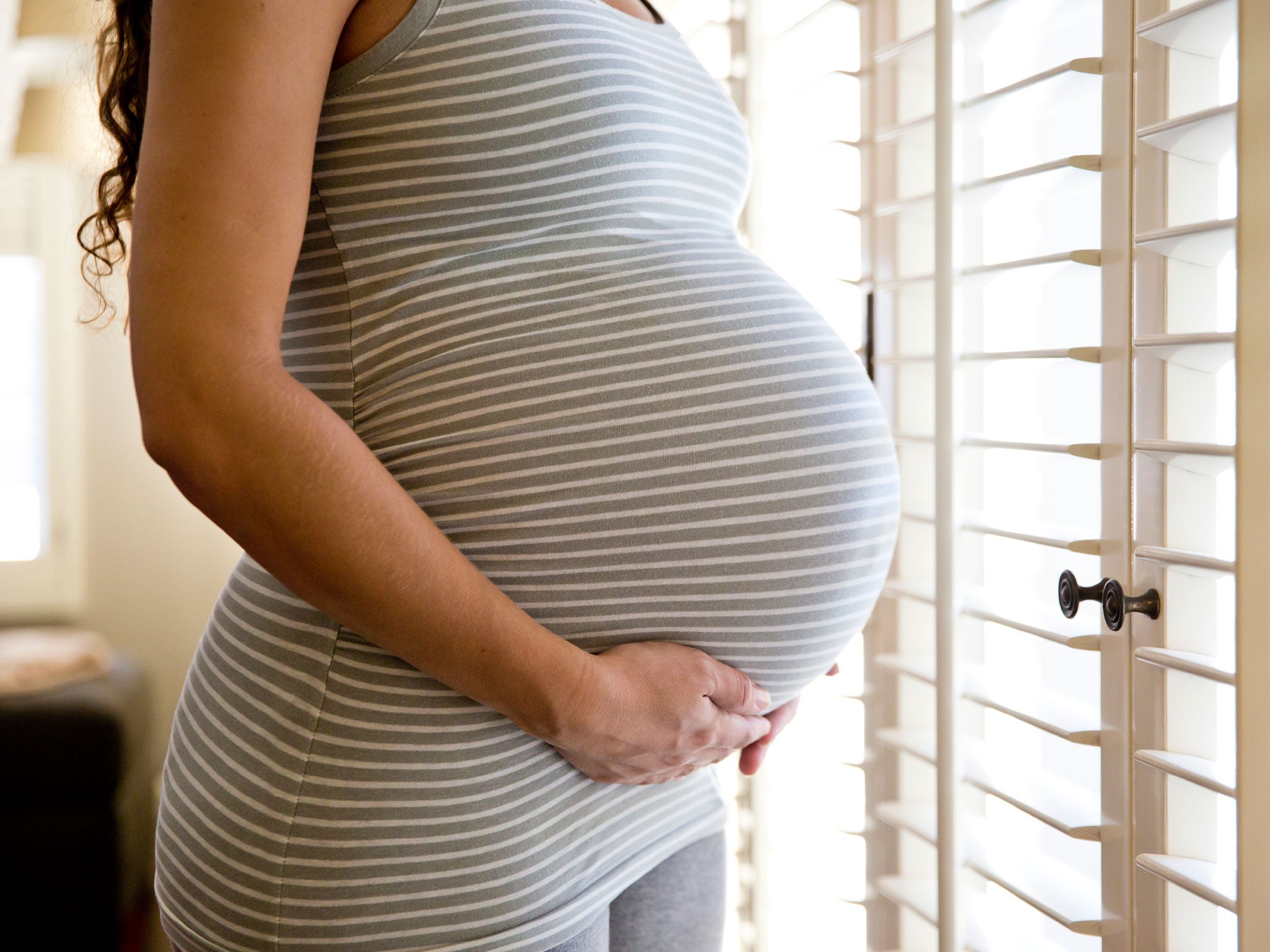Chinese government is calling women, asking when their last period was, and urging them to get pregnant
‘The surveyor must be from the previous generation, who did not realise that she was talking to a whole different generation that values privacy, quality of life and choices much more,’ mother-of-one says

Women in China say they are receiving phone calls from government workers to ask if they are currently expecting a child and to urge them to get pregnant.
Jane Huang, a mother-of-one, said a government official who called her went so far as to probe her about when her most recent period was.
The 35-year-old, who lives in the province of Fujian, said the worker who called also suggested he could call her in the future to remind her when she should have another child.
“I laughed so hard when I told my husband about it,” Ms Huang told the South China Morning Post.
“The surveyor must be from the previous generation, who did not realise that she was talking to a whole different generation that values privacy, quality of life and choices much more”.
District-level officials from three coastal provinces, who did not want to be named, told the publication that Ms Huang’s feelings about the calls were “very common”.
CNA reports a post shared on the Chinese social media platform Xiaohongshu, which states “I got a call from a grassroots (worker) this morning asking if I was pregnant” has received a great deal of traction - gaining more than 11,000 likes and thousands of comments.
The surveyor must be from the previous generation, who did not realise that she was talking to a whole different generation that values privacy, quality of life and choices much more
China has a plunging birth rate that has continued to decline despite attempts to encourage citizens to have more children.
The country rolled out a stringent one-child policy in 1979 to curb the fast growing population – with the country’s birth rate plummeting since the late 1980s.
China was the country with the largest population in the world until irt was surpassed by India in April 2023 - with China axing the one-child policy in 2015 and instead introducing financial incentives for couples to have at least two children.
The situation in China reflects wider global trends, with fertility rates slowly declining around the world and falling by more than half since the early 1960s.
In 2022, the global total fertility rate was 2.3 children per woman, while it was 1.5 in the European Union.
On Monday new government data revealed the fertility rate in England and Wales has dropped to its lowest level since records began in the 1930s. Figures from the Office for National Statistics (ONS) show the total fertility rate – the average number of children a woman has in her lifetime – was 1.44 children per woman in 2023, the lowest since records started in 1938.
Join our commenting forum
Join thought-provoking conversations, follow other Independent readers and see their replies
Comments
Bookmark popover
Removed from bookmarks